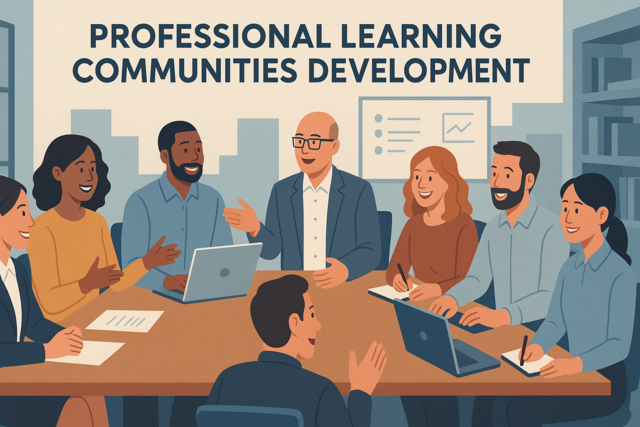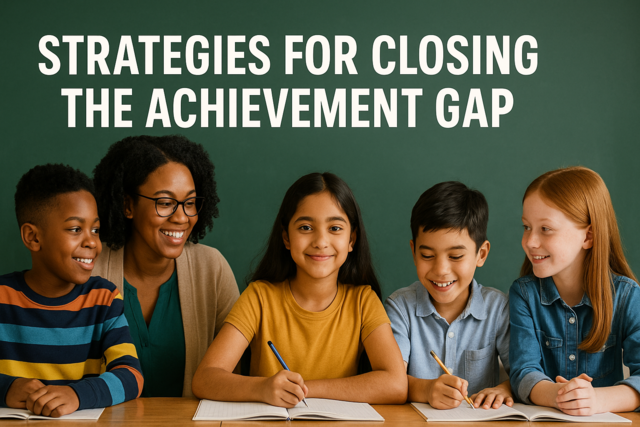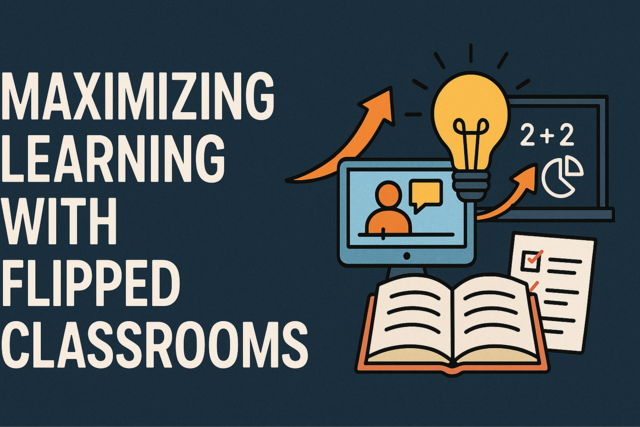Online Class: Narrative Approaches in Education

no certificate
with CEU Certificate*
-
15Lessons
-
22Exams &
Assignments -
6Hours
average time -
0.6CEUs
Course Description
Picture yourself standing on the precipice of transformative educational methods, ready to reshape the way you've always thought about learning and teaching. Welcome to "Narrative Approaches in Education," an innovative course that is not just about storytelling, but about reviving the essence of learning through the inherent power of stories. This isn't just another online class; it's an essential journey that will catapult your educational strategies into a realm of profound impact and engagement.
Imagine for a moment the intoxicating power of a story well told—one that captivates, engages, and challenges you to think differently. Our course taps into this natural human affinity for storytelling, using it as a bridge over the mundane and into the extraordinary. By enrolling in this course, you're not just opting to absorb new knowledge; you're choosing to harness the art of narrative as a tool for empowering yourself and your students, igniting a spark that leads to lifelong learning.
In an era where information is abundant, the ability to weave it into a meaningful tapestry is what differentiates ordinary education from extraordinary transformation. Through "Narrative Approaches in Education," you will learn to unlock the potential of narratives as catalysts for engagement and comprehension. Imagine engaging your students with history not as a series of dates and events, but as vibrant narratives where they see themselves as protagonists. Visualize the sciences unwrapped not through complex formulae but through stories of discovery, adversity, and triumph that ignite curiosity and deepen understanding.
This course is a celebration of the age-old tradition of storytelling intertwined with cutting-edge technology. You will uncover how digital narratives are revolutionizing educational spaces, creating immersive experiences that foster critical thinking and innovation. As you dive into the heart of this course, you will witness firsthand the transformation of theory into practice. No longer will you see education as a simple transmission of facts, but as a dynamic exchange of cultural narratives, where learning is a journey filled with empathy, diversity, and inclusivity.
Our course isn't merely theoretical; it's personal and purposeful. You will have the unique opportunity to delve into personal and cultural stories, exploring how they shape identities and influence educational methods across the globe. This isn't just about reading stories—it's about discovering the protagonist within you. By seeing the connections between narratives and personal experiences, you'll learn to forge deeper connections with your students, colleagues, and yourself, fostering an environment where every voice is valued and every story has a propensity to teach and transform.
So why this course and why now? In a rapidly evolving world, where the ability to understand and empathize with diverse perspectives is more crucial than ever, we equip you with the tools to be a beacon of change in educational environments. You will learn how to use storytelling as a powerful mechanism for social justice and advocacy, exploring narratives that have fueled movements and changed societies. Imagine instilling in your students the courage and insight to be not just consumers of information, but creators of change.
"Narrative Approaches in Education" is more than just a class; it's a transformative experience crafted to supercharge your teaching methods and academic influence. Through engaging with this course, you become a pioneer in the field of education, someone who doesn't just teach—someone who inspires, resonates, and empowers.
The call to action is clear and compelling. This is your moment to redefine the educational landscape, breaking free from conventional methods and stepping boldly into a new narrative-driven future. Enroll in "Narrative Approaches in Education," and not only will you be part of a forward-thinking educational movement, but you'll also emerge with the skills to transform learning environments and the lives within them. This is your opportunity to make a remarkable difference—one story at a time. Ready to embark on this unique journey? Your transformative educational revolution begins here.
- Completely Online
- Self-Paced
- 6 Months to Complete
- 24/7 Availability
- Start Anytime
- PC & Mac Compatible
- Android & iOS Friendly
- Accredited CEUs

Course Lessons
Lesson 1. Narrative-Based Learning: Engaging Minds with Stories
Narrative approaches in education leverage our inherent love for stories by embedding them across diverse subjects, transforming facts and complex theories into relatable and engaging experiences. This method not only makes learning more enjoyable and accessible but also supports multiple learning styles, ensuring that each student can connect with and internalize the material.Lesson 2. From Tales to Textbooks: Storytelling's Educational Journey
Narratives have long been used to teach moral and ethical lessons, from Bible parables to Aesop's Fables, engaging students' imagination while imparting valuable life skills. In contemporary education, storytelling continues to evolve, integrating cultural diversity and fostering empathy, inclusivity, and lifelong learning across global contexts.Lesson 3. Cultural Stories and Educational Impact
Cultural narratives in education shape our identity and worldview, deeply influencing educational goals and teaching methods across generations. By examining both Western and Eastern narratives, we see the continuing impact of these stories on personal growth and collective responsibility in learning environments.Lesson 4. From Stories to Knowledge: Personal Experiences in Education
Incorporating personal narratives as educational tools allows students to engage with content on a deeper level by making abstract concepts relatable, thereby fostering a more profound connection to the material. This approach not only promotes the development of critical thinking and empathy but also enhances memory retention by activating emotional and cognitive pathways for lasting knowledge application.Lesson 5. The Power of Story in Shaping Knowledge
Integrating narratives with digital technologies revitalizes storytelling in education, offering immersive and interactive learning experiences. By using story-based approaches in subjects like history and science, educators encourage curiosity, empathy, and problem-solving skills essential for modern learners.Lesson 6. Exploring the Evolution and Impact of Digital Narratives in Education
The integration of storytelling with digital tools creates engaging educational narratives that transcend traditional methods. These narratives foster critical thinking, creativity, and cultural understanding, equipping students with essential skills for a digital future.Lesson 7. From Facts to Stories: The Evolution of Classroom Teaching
Using narrative methods in education turns students into active participants, connecting academic content with personal stories to deepen understanding. By weaving storytelling into lessons, subjects like mathematics and environmental science become vivid, encouraging emotional connections and creating memorable learning experiences.Lesson 8. Exploring Identity Through Storytelling in the Classroom
In education, narratives serve as vital frameworks for understanding identity, as they intertwine personal, cultural, and societal threads into a coherent whole. Through sharing and reflecting on these stories, educational spaces become inclusive arenas where diverse perspectives foster empathy and mutual respect.Lesson 9. Stories That Teach: Exploring Educational Narratives
Researchers using narrative inquiry focus on participant diversity and utilize narrative interviews, storytelling, and reflective diaries to gather rich data, revealing systemic educational issues. By respecting story integrity in data analysis, they uncover patterns such as resilience and identity, thus empowering educational innovation and support mechanisms.Lesson 10. Narrative Power in Social Justice
Narratives are powerful tools that unify people across various backgrounds to drive social justice, challenging societal norms and humanizing complex issues. By examining the impact of stories like those from the Civil Rights Movement and 'Me Too', students gain a richer understanding of societal change, empathy, and advocacy.Lesson 11. Connecting Across Cultures: The Power of Story Characters
Characters in narratives serve as mirrors for students, reflecting societal challenges and triumphs, thereby nurturing empathy. By immersing in these stories, learners become more aware of global citizenship and the importance of social advocacy.Lesson 12. Empathy, Insight, and Innovation: The Power of Narrative in Assessments
Effective narrative assessments involve clear criteria and constructive feedback, focusing on analysis and personal connection. This process rewards critical thinking and creativity over rote memorization.Lesson 13. Beyond Entertainment: The Knowledge Vessel
The study of narrative structures goes beyond merely enjoying stories, serving as a powerful cognitive tool that enhances critical thinking by helping learners grasp complex ideas and nurture empathy. Narrative techniques guide students through deep introspection and perspective-taking, key skills in today's multicultural world, while fostering creativity, memory retention, and analytical prowess in both educational and personal growth settings.Lesson 14. Unraveling Lives: Insights from Biographical Narratives
Biographical narratives in education harness personal stories to enrich the understanding of human development and historical contexts, transforming abstract lessons into relatable experiences. By exploring figures like Malcolm X and Marie Curie, students gain insights into societal challenges and personal triumphs, fostering empathy and critical reflection.Lesson 15. Unveiling New Dimensions in Storytelling: The Intersection of Technology and Narrative Research in Education
Interdisciplinary narratives broaden educational horizons, integrating lessons from sociology, psychology, and literature to foster critical thinking and awareness. Tools like Dedoose and NVivo modernize qualitative research, while AI-driven innovations personalize learning and enhance narrative comprehension.
Learning Outcomes
- Analyze the effectiveness of storytelling techniques in fostering empathy and critical thinking skills in diverse educational settings.
- Demonstrate an understanding of narrative approaches by explaining their impact on student engagement and learning outcomes.
- Demonstrate an understanding of how storytelling enhances cognitive and emotional engagement in learning, and apply this by creating a narrative-based educational activity that fosters critical thinking and empathy.
- Identify and illustrate the various historical and cultural contexts where storytelling has been a pivotal educational tool, highlighting its evolution and impact on diverse societies.
- Define cultural narratives and explain their influence on shaping educational values and curricula within a multicultural classroom setting.
- Identify specific examples of cultural narratives from diverse regions and discuss their impact on contemporary educational practices and student engagement within a learning environment.
- Demonstrate the ability to construct and share a personal narrative that effectively connects a personal experience with an academic topic, using appropriate storytelling techniques.
- Identify and explain how personal narratives can enhance understanding of complex educational content by linking personal experiences to academic theories.
- Analyze the role of narrative pedagogy in contemporary curriculum by describing how it enhances emotional and intellectual engagement in various educational settings.
- Define the historical foundations of narrative pedagogy by identifying key cultural and educational transformations that influenced its evolution.
- Define the key components of digital narratives and evaluate their impact on student engagement and learning outcomes.
- Demonstrate the ability to create an interactive digital narrative using multimedia elements to convey a story that incorporates educational content effectively.
- Demonstrate the ability to integrate narrative techniques into curriculum design to enhance student engagement and learning outcomes.
- Demonstrate mastery of lesson content at levels of 70% or higher.
Additional Course Information

- Document Your Lifelong Learning Achievements
- Earn an Official Certificate Documenting Course Hours and CEUs
- Verify Your Certificate with a Unique Serial Number Online
- View and Share Your Certificate Online or Download/Print as PDF
- Display Your Certificate on Your Resume and Promote Your Achievements Using Social Media

Choose Your Subscription Plan
No Certificate / No CEUs
This course only
| Includes certificate | X |
| Includes CEUs | X |
| Self-paced |

|
| Instructor support |

|
| Time to complete | 6 months |
| No. of courses | 1 course |
Certificate & CEUs
This course only
| Includes certificate |

|
| Includes CEUs |

|
| Self-paced |

|
| Instructor support |

|
| Time to complete | 6 months |
| No. of courses | 1 course |
Certificates & CEUs
Includes all 600+ courses
| Includes certificate |

|
| Includes CEUs |

|
| Self-paced |

|
| Instructor support |

|
| Time to complete | 12 Months |
| No. of courses | 600+ |
Certificates & CEUs
Includes all 600+ courses
| Includes certificate |

|
| Includes CEUs |

|
| Self-paced |

|
| Instructor support |

|
| Time to complete | 24 Months |
| No. of courses | 600+ |
Related Courses
-
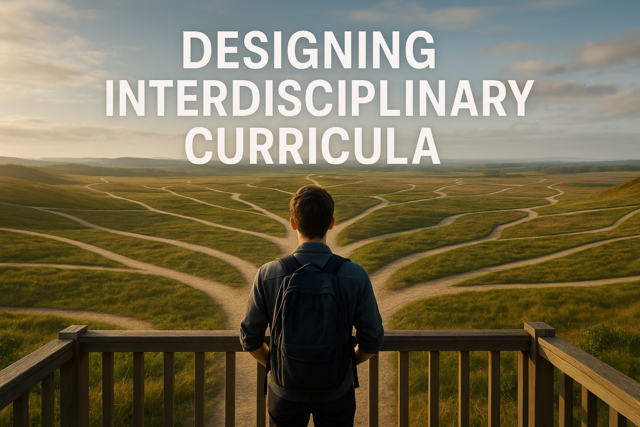 7 hours
0.7 CEUs
Designing Interdisciplinary Curricula
+ More Info
7 hours
0.7 CEUs
Designing Interdisciplinary Curricula
+ More Info
-
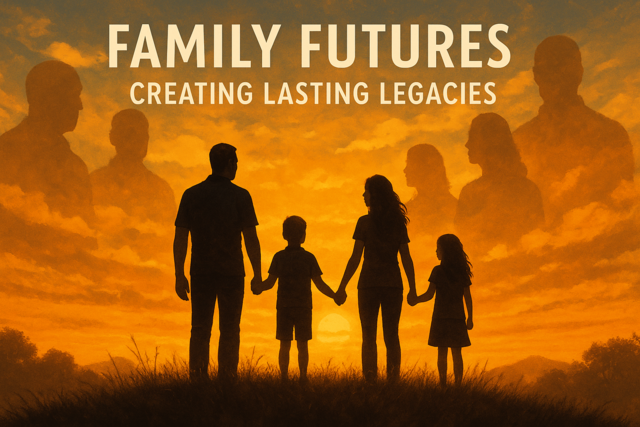 5 hours
0.5 CEUs
Family Futures: Creating Lasting Legacies
+ More Info
5 hours
0.5 CEUs
Family Futures: Creating Lasting Legacies
+ More Info
-
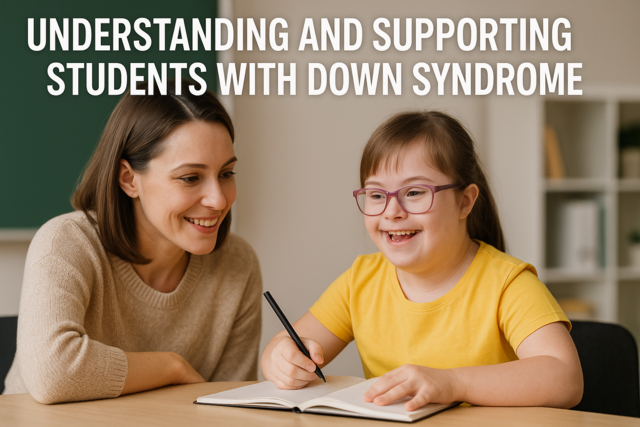 3 hours
0.3 CEUs
Understanding and Supporting Students with Down Syndrome
+ More Info
3 hours
0.3 CEUs
Understanding and Supporting Students with Down Syndrome
+ More Info
-
 7 hours
0.7 CEUs
Emotional Detox: Clearing Pathways to Better Relationships
+ More Info
7 hours
0.7 CEUs
Emotional Detox: Clearing Pathways to Better Relationships
+ More Info
-
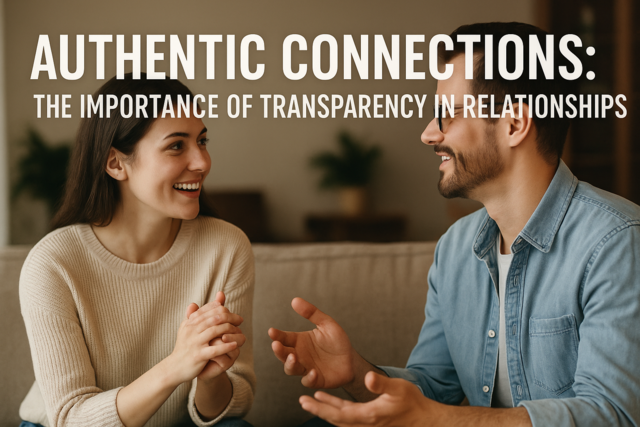 7 hours
0.7 CEUs
Authentic Connections: The Importance of Transparency in Relationships
+ More Info
7 hours
0.7 CEUs
Authentic Connections: The Importance of Transparency in Relationships
+ More Info
-
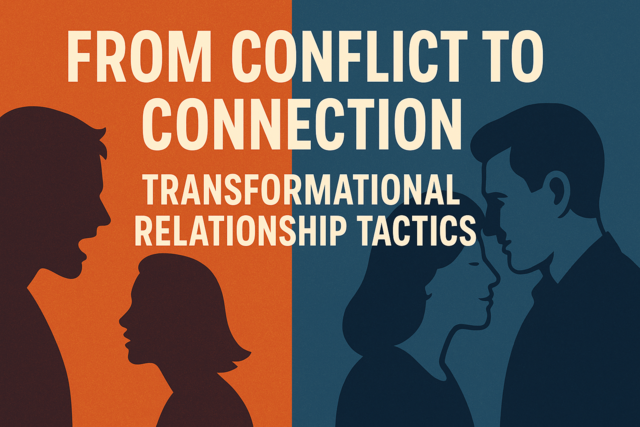 3 hours
0.3 CEUs
From Conflict to Connection: Transformational Relationship Tactics
+ More Info
3 hours
0.3 CEUs
From Conflict to Connection: Transformational Relationship Tactics
+ More Info
-
 7 hours
0.7 CEUs
The Capsule Wardrobe: Streamlining Luxury with Style
+ More Info
7 hours
0.7 CEUs
The Capsule Wardrobe: Streamlining Luxury with Style
+ More Info
-
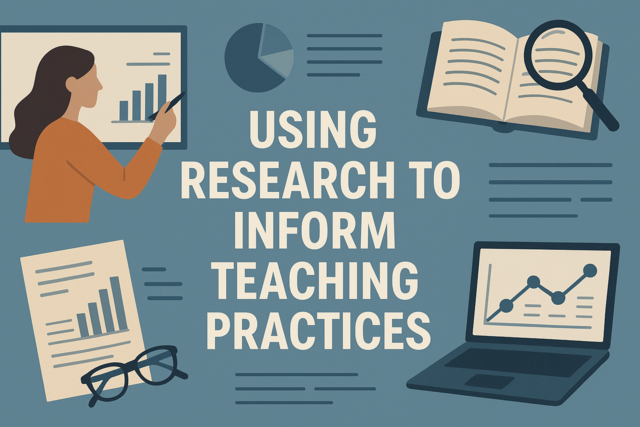 5 hours
0.5 CEUs
Using Research to Inform Teaching Practices
+ More Info
5 hours
0.5 CEUs
Using Research to Inform Teaching Practices
+ More Info
-
 6 hours
0.6 CEUs
The Influence Index: How Environment Shapes Relationships
+ More Info
6 hours
0.6 CEUs
The Influence Index: How Environment Shapes Relationships
+ More Info
-
 5 hours
0.5 CEUs
Coaching and Mentoring Skills
+ More Info
5 hours
0.5 CEUs
Coaching and Mentoring Skills
+ More Info
-
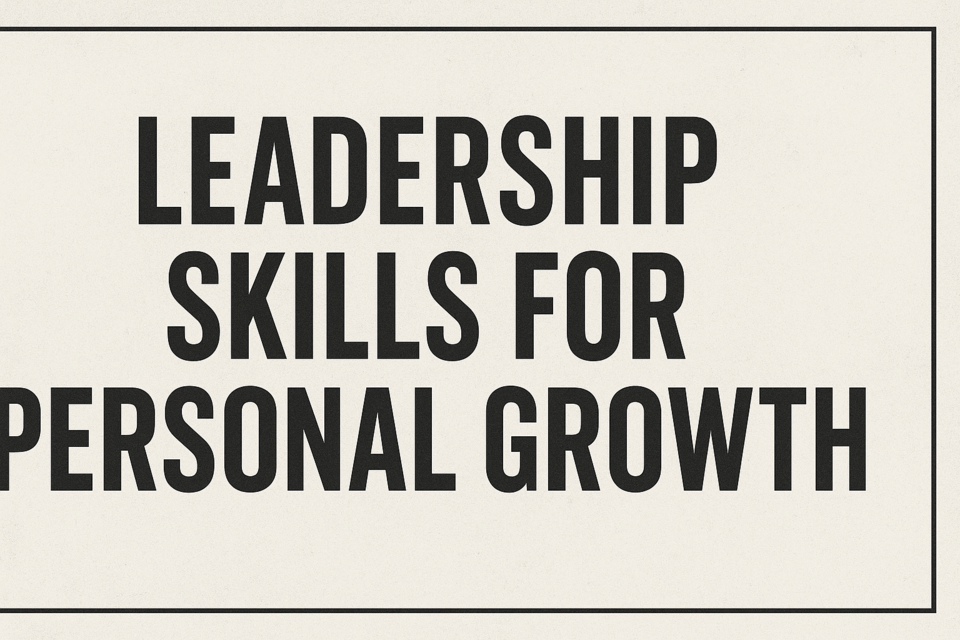 4 hours
0.4 CEUs
Leadership Skills for Personal Growth
+ More Info
4 hours
0.4 CEUs
Leadership Skills for Personal Growth
+ More Info
-
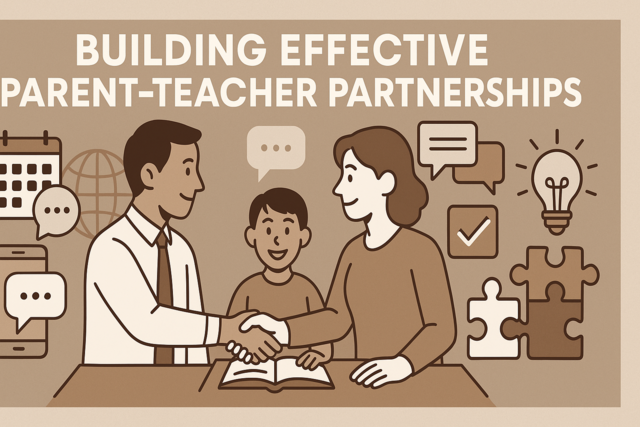 6 hours
0.6 CEUs
Building Effective Parent-Teacher Partnerships
+ More Info
6 hours
0.6 CEUs
Building Effective Parent-Teacher Partnerships
+ More Info
-
 6 hours
0.6 CEUs
Digital Marketing Fundamentals
+ More Info
6 hours
0.6 CEUs
Digital Marketing Fundamentals
+ More Info
-
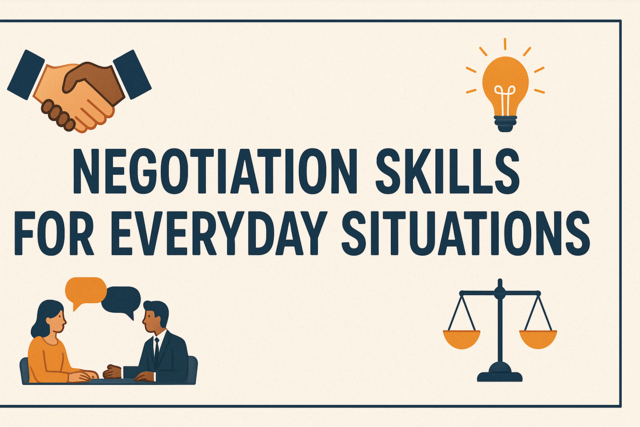 3 hours
0.3 CEUs
Negotiation Skills for Everyday Situations
+ More Info
3 hours
0.3 CEUs
Negotiation Skills for Everyday Situations
+ More Info
-
 3 hours
0.3 CEUs
Functional Behavior Assessments: Conducting and Analyzing
+ More Info
3 hours
0.3 CEUs
Functional Behavior Assessments: Conducting and Analyzing
+ More Info
-
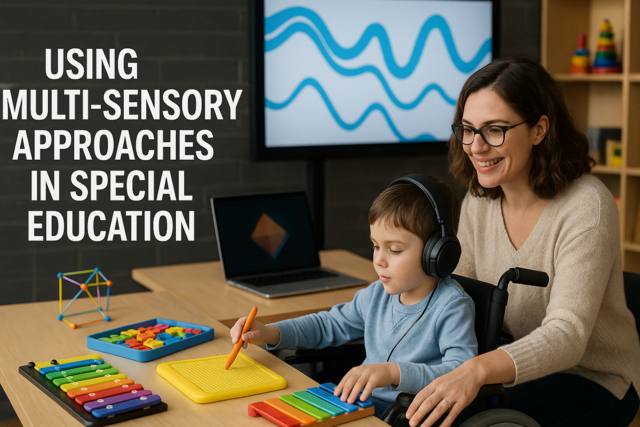 7 hours
0.7 CEUs
Using Multi-Sensory Approaches in Special Education
+ More Info
7 hours
0.7 CEUs
Using Multi-Sensory Approaches in Special Education
+ More Info
-
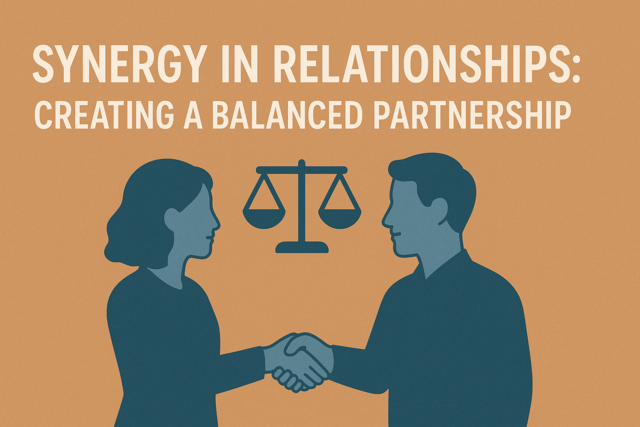 3 hours
0.3 CEUs
Synergy in Relationships: Creating a Balanced Partnership
+ More Info
3 hours
0.3 CEUs
Synergy in Relationships: Creating a Balanced Partnership
+ More Info
-
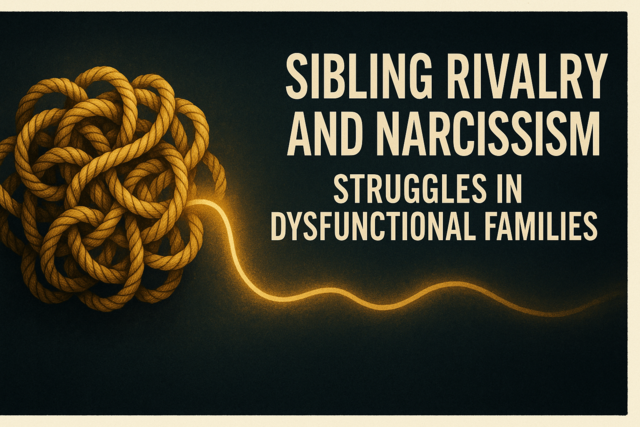 6 hours
0.6 CEUs
Sibling Rivalry and Narcissism: Struggles in Dysfunctional Families
+ More Info
6 hours
0.6 CEUs
Sibling Rivalry and Narcissism: Struggles in Dysfunctional Families
+ More Info
-
 4 hours
0.4 CEUs
Understanding Auras and Energy Fields
+ More Info
4 hours
0.4 CEUs
Understanding Auras and Energy Fields
+ More Info
-
 3 hours
0.3 CEUs
Positive Reinforcement Techniques for Special Educators
+ More Info
3 hours
0.3 CEUs
Positive Reinforcement Techniques for Special Educators
+ More Info
-
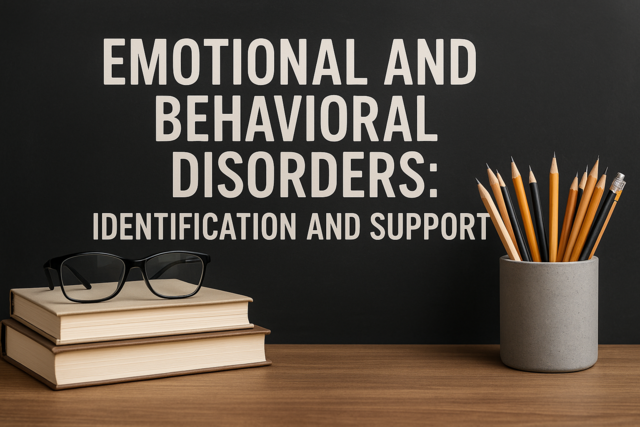 7 hours
0.7 CEUs
Emotional and Behavioral Disorders: Identification and Support
+ More Info
7 hours
0.7 CEUs
Emotional and Behavioral Disorders: Identification and Support
+ More Info
-
 5 hours
0.5 CEUs
Lunar Magic and Moon Phases
+ More Info
5 hours
0.5 CEUs
Lunar Magic and Moon Phases
+ More Info
-
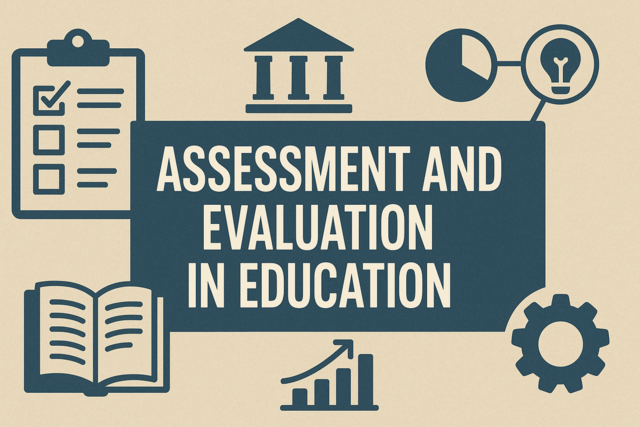 6 hours
0.6 CEUs
Assessment and Evaluation in Education
+ More Info
6 hours
0.6 CEUs
Assessment and Evaluation in Education
+ More Info
-
 3 hours
0.3 CEUs
Agile and Scrum Fundamentals
+ More Info
3 hours
0.3 CEUs
Agile and Scrum Fundamentals
+ More Info
-
 6 hours
0.6 CEUs
Supporting Students with Special Needs
+ More Info
6 hours
0.6 CEUs
Supporting Students with Special Needs
+ More Info
-
 7 hours
0.7 CEUs
The Science of Miracles: When Logic Defies Understanding
+ More Info
7 hours
0.7 CEUs
The Science of Miracles: When Logic Defies Understanding
+ More Info
-
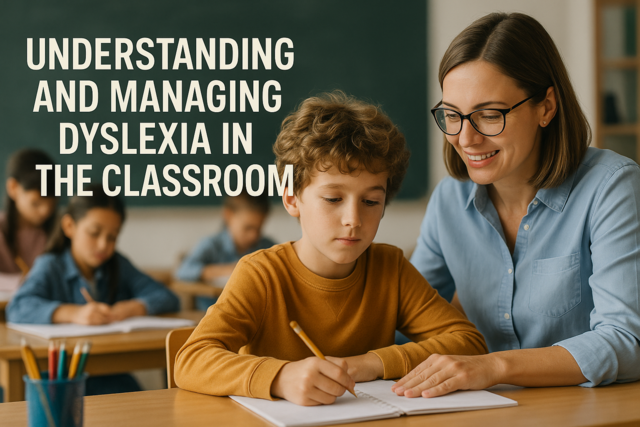 4 hours
0.4 CEUs
Understanding and Managing Dyslexia in the Classroom
+ More Info
4 hours
0.4 CEUs
Understanding and Managing Dyslexia in the Classroom
+ More Info
-
 5 hours
0.5 CEUs
Generational Patterns: How Narcissism Perpetuates Dysfunction
+ More Info
5 hours
0.5 CEUs
Generational Patterns: How Narcissism Perpetuates Dysfunction
+ More Info
-
 5 hours
0.5 CEUs
Footprint of Fashion: Trends Shaping Modern Luxury Brands
+ More Info
5 hours
0.5 CEUs
Footprint of Fashion: Trends Shaping Modern Luxury Brands
+ More Info
-
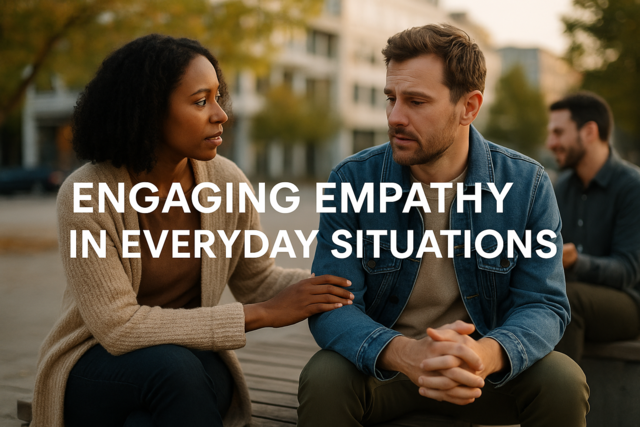 7 hours
0.7 CEUs
Engaging Empathy in Everyday Situations
+ More Info
7 hours
0.7 CEUs
Engaging Empathy in Everyday Situations
+ More Info
-
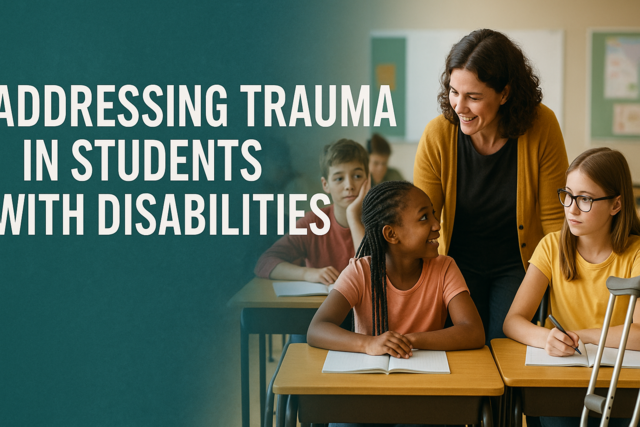 3 hours
0.3 CEUs
Addressing Trauma in Students with Disabilities
+ More Info
3 hours
0.3 CEUs
Addressing Trauma in Students with Disabilities
+ More Info
-
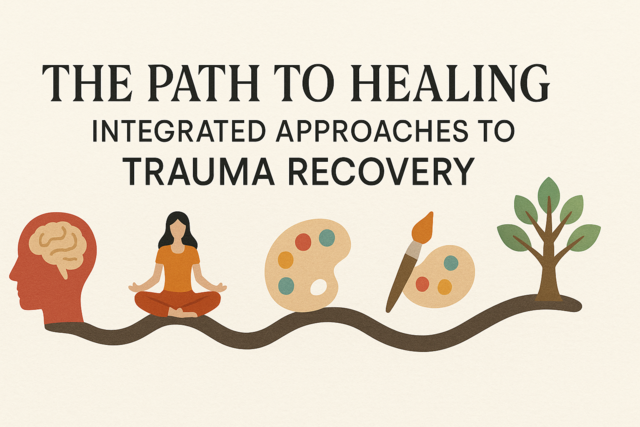 5 hours
0.5 CEUs
The Path to Healing: Integrated Approaches to Trauma Recovery
+ More Info
5 hours
0.5 CEUs
The Path to Healing: Integrated Approaches to Trauma Recovery
+ More Info
-
 5 hours
0.5 CEUs
Creating Engaging Online Content
+ More Info
5 hours
0.5 CEUs
Creating Engaging Online Content
+ More Info
-
 7 hours
0.7 CEUs
The Power of Vulnerability: Authentic Connections in a Busy World
+ More Info
7 hours
0.7 CEUs
The Power of Vulnerability: Authentic Connections in a Busy World
+ More Info
-
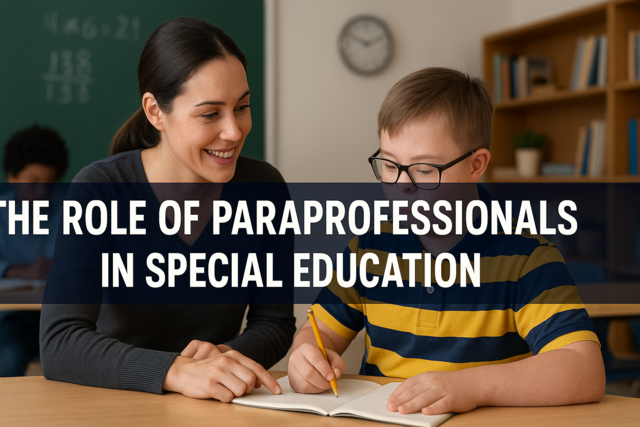 3 hours
0.3 CEUs
The Role of Paraprofessionals in Special Education
+ More Info
3 hours
0.3 CEUs
The Role of Paraprofessionals in Special Education
+ More Info
-
 4 hours
0.4 CEUs
Beyond Words: The Silent Language of Relationships
+ More Info
4 hours
0.4 CEUs
Beyond Words: The Silent Language of Relationships
+ More Info
-
 7 hours
0.7 CEUs
Mastering Time Management for Professionals
+ More Info
7 hours
0.7 CEUs
Mastering Time Management for Professionals
+ More Info
-
 6 hours
0.6 CEUs
Introduction to Graphic Design Tools
+ More Info
6 hours
0.6 CEUs
Introduction to Graphic Design Tools
+ More Info
-
 6 hours
0.6 CEUs
Embracing Digital Transformation
+ More Info
6 hours
0.6 CEUs
Embracing Digital Transformation
+ More Info
-
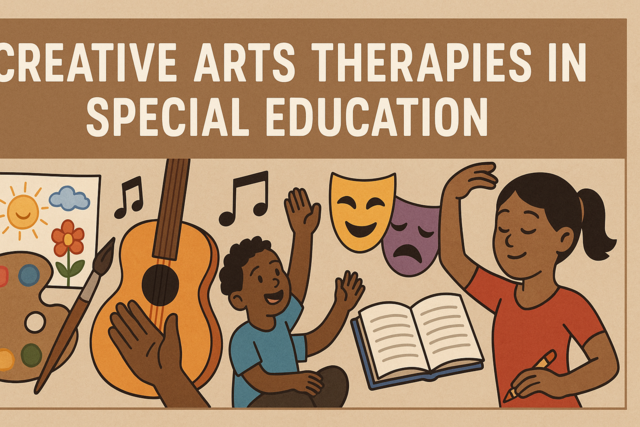 3 hours
0.3 CEUs
Creative Arts Therapies in Special Education
+ More Info
3 hours
0.3 CEUs
Creative Arts Therapies in Special Education
+ More Info


